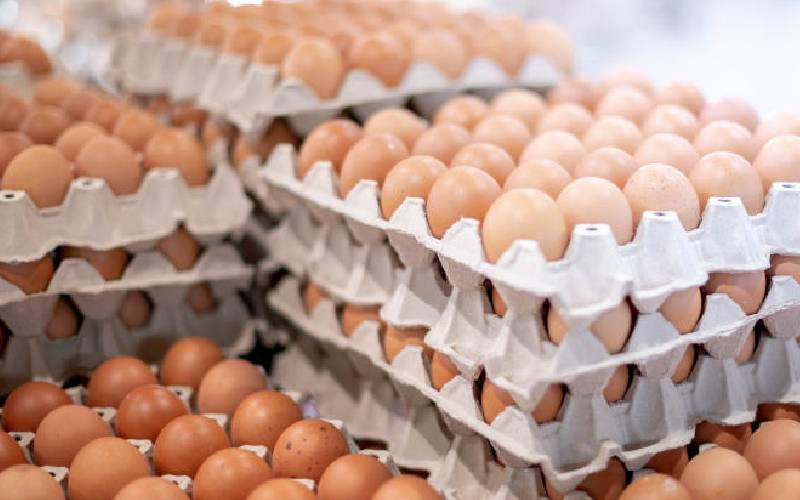×
The Standard e-Paper
Join Thousands Daily

Data shows there's a significant decline in the production of eggs in Kenya in the last two years.
Several households that have been seeking refuge in eggs as the prices of beef, chicken and fish remain high, have now been left with fewer options as the cost of eggs continue to rise.







